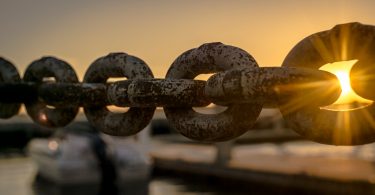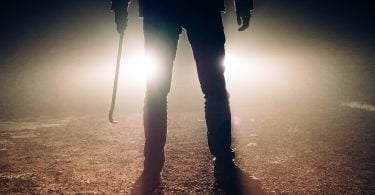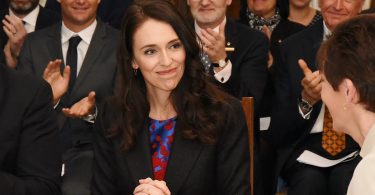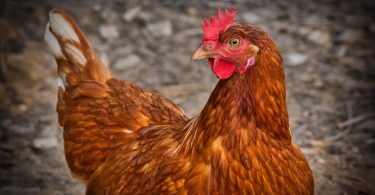At the moment, over a billion of Muslims around the world are taking part in Ramadan, one of the five pillars of Islam and a holy month of fasting for 30 days every year from dawn to sunset.
It is the ninth month of the Islamic calendar and it’s considered a month of prayer, charity and fasting to help improve ourselves and to be grateful. Local mosques often host Iftar (evening meal) dinner to open the fast and is followed by a Suhoor meal (morning meal) later to close the fast. There are many situations when it is optional to fast during the month of Ramadan but people are advised not to fast during it if they are young children, elderly people, sick or pregnant. Fasting may sound simple but before opening our fast with a date palm, there are a number of actions to follow during the fast, which are,
- Intentional Eating or Drinking
- Deliberately vomiting
- Intentional Sexual Intercourse
- Swearing or being abusive
- menstruation or post-childbirth
- Intending to break the fast before
- The intention to fast must be made every day before dawn
. However the actions that do not break the fast are,
- If anyone forgets that he is fasting and eats or drinks, they should complete their fast
- Unintentional vomiting
- Brushing your teeth/taking a shower
- Taking injections/medications
Fasting this year is proving to be challenging for me, especially as I’ve not really prepared myself to fast for 19 hours a day for a whole month. Fasting during the summer holidays means it doesn’t interfere with my University commitments but it does mean I’ll be suffering dehydration and food cravings during the day.
Ramadan fasting diary
The fast start’s at 02:00am in the morning (Sehri), I’m usually knackered but I know have to eat before I close my fast for the next 19 hours. I force myself to eat a small meal that contains lots of fibre and fluids to help me cope throughout the day. I read a small prayer to close my fast and off to bed I go.
During the day, I keep myself busy so that my mind is preoccupied away from any hunger cravings and food itself. I found this difficult during the first week especially when I could smell food everywhere whilst going out, but I’ve gotten used to it after a week. Most recently, I was encouraged to take part with a group of people who organised a charity event for homeless people by serving food and drinks, donating food rations to needy families and opening our fast with them in Manchester Piccadilly Gardens.
I perform two middle prayers during the day, once in the afternoon and then one in the evening. I notice I don’t tend to feel hungry as much when I’m helping around in the kitchen to prepare food for dinner. Around 21:40pm I turn on the radio or TV to hear the Azaan (prayer call) which means it’s time to open my fast with a glass of water and a date. After I finish eating I tend to go for a walk straight after, to help with the bloated feeling.
It’s 23:00pm and I’m going to attend the congregational prayer (Taraweeh) which is usually quite long but it’s a special prayer that Muslims should attend to every night. At 12:30am it’s time for me to head home and try to stay awake to avoid being grouchy as in an hours’ time I’ll be eating my last meal before I close my fast again and head off to a good night’s sleep.
Even though the long hard hours of fasting has taken some toll on me especially during the heatwave, I’ve found myself being more grateful, patient and healthier during this experience.
Eid al-Fitr Festival
At the end of Ramadan an important festival is celebrated by Muslims worldwide that marks the end of Ramadan, Eid al-Fitr. It’s what every Muslim tends to take part in for one day to thank god for the blessings, patience and empathy for the poor. The day starts off with an early special prayer in Mosque, followed by an obligatory act of charity (Zakat al-Fitr) to thank god for enabling them to observe the compulsory fast to the poor.
As well as saying Eid Mubarak to other Muslims taking part, they prepare food for family and friends visits, eating sweet dishes, wearing new clothes, giving gifts, money and in some countries even musical performances. Shortly after, Muslims celebrate Eid al-Adha, the second of two religious holidays that start after the end of the annual Hajj to Mecca and usually last for three days.








